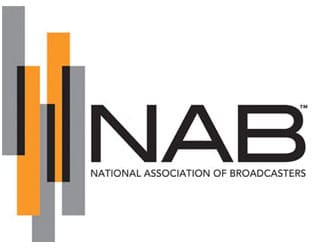Kevin Martin’s attempt to loosen broadcast-print cross-ownership rules in the top 20 DMAs late in 2007 has been held up in the courts, but the third Circuit finally heard arguments, despite the FCC’s request for further delay due to its pending Quadrennial Review of all media ownership regulation. The reaction of a key watchdog to the case indicates that the Review, when it happens, will likely be a noisy affair once again.
Free Press stated, “Despite overwhelming public opposition from across the country and the political spectrum, in December 2007 the FCC dismantled the longstanding rule that keeps one company from owning both a major local daily newspaper and a TV or radio station in the same market. The FCC also refused to tighten its local television and radio ownership limits in spite of evidence that more media competition – not more media concentration – will provide Americans with the local news and information they need and want.”
The watchdog noted that 99% percent of comments filed with the FCC on the topic were in opposition to the eased rules.
“The current FCC had an opportunity to tighten rules adopted in 2007,” said Free Press Policy Counsel Corie Wright, “but instead the current chairman has chosen to defend them, ignoring substantial evidence from public interest groups, academics and citizens showing that existing media consolidation levels already adversely impact the amount and quality of news from diverse sources. We hope the court will recognize these deficiencies and instruct the FCC to correct its mistakes.”
Media Access Project’s Andrew Jay Schwartzman, who is representing Prometheus in the Third Circuit case, added, “Under Kevin Martin, the FCC attempted to eviscerate the longstanding rules regarding ownership of newspapers and broadcast stations in the same market. We welcome the opportunity to call upon the Court to reverse that decision.”
RBR-TVBR observation: There are plenty of reasons to take the pro or the con in the many facets of ownership regulation that will be on the table when the review kicks into gear. But we have to take issue with one watchdog claim.
We do not believe there is any strong evidence that the average citizen has any awareness of this controversy, much less a strong opinion. So it is unfair to claim that the overwhelming majority of Americans support or oppose further media consolidation.
It is fair and accurate to say that the overwhelming majority of those who are whipped up enough to participate in a click and send campaign targeting the FCC are against media consolidation. And it would be fair to note that there is no similarly popular click-and-send campaign that we’re aware of pushing for more consolidation. The watchdogs in this case clearly have the hearts and minds of those citizens paying attention and moved enough to make their opinion known.
That does not translate to having the hearts and minds of all citizens. Most aren’t even tuned in.




